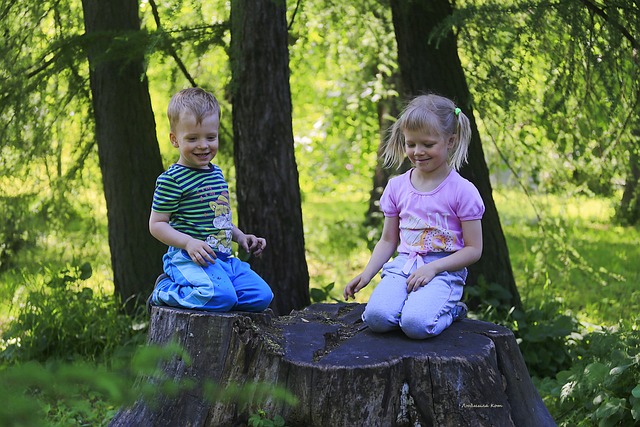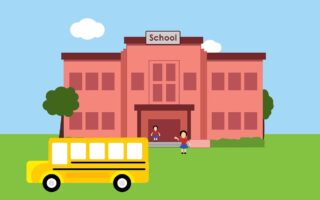The concept of homeschool socialization is often discussed when discussing homeschooling. Many people have the misconception that homeschooling leads to a lack of socialization for children. This myth has been perpetuated and often serves as a deterrent for parents who are considering homeschooling. However, this myth could not be further from the truth. In fact, homeschooled children can be just as well-socialized, if not more so, than their public-schooled counterparts.
Public School Students Interact With Kids Their Own Age
Let’s first take a look at what socialization means in a public school setting. In public schools, children are forced into classrooms according to their age and grade level. This forced association is seen as a form of socialization, but it is important to note that true socialization involves being able to interact with people of all ages, not just those in your peer group.
There’s No Time for Socialization in Public Schools
The time for socialization in public schools is limited, and often ends abruptly due to school schedules and rules. With the added challenges of the pandemic, socially distancing and wearing masks have also made it difficult for children to have quality socialization in schools. In the public schools by us, students can’t even speak to each other during lunch.
Homeschoolers Socialize With Different Age Groups
In contrast, homeschooling socialization is intentional and gives parents more control over how their children interact with others. This can involve taking children on trips to the store or post office, volunteering in the community, or participating in various activities with different age groups. Socialization in homeschooling is not limited by time constraints and can occur in a more natural environment without the added distractions of a classroom.
Research Shows Us That Homeschoolers are More Socially Skilled
Studies have shown that homeschoolers are actually more socially skilled than their public-schooled peers. They also excel in leadership roles and have strong creative thinking abilities. Homeschoolers are also better adjusted to working with people of different ages, which is a valuable skill in the workforce.
Homeschool Kids Participate in a Range of Activities
So what does socialization look like for homeschooled children? The answer is, it can look like whatever the parents and children want it to. Homeschooled children have the opportunity to participate in a variety of activities, including sports, co-op classes, neighborhood playdates, and even volunteer work. The possibilities are endless, and often, homeschooling families have more flexibility to tailor socialization opportunities to their child’s interests and needs.
Homeschoolers Gain Classroom Experience in Co-Ops and Community Classes
Some parents may worry about their homeschooled child missing out on traditional school experiences, such as prom or graduation. However, homeschoolers have found ways to incorporate these experiences into their lives through homeschool co-ops and church groups. In fact, many of these events may even be more meaningful to homeschooled children because they are not just going through the motions but are genuinely excited about being a part of these milestones.
Homeschoolers Benefit from Positive Influences
It is also worth noting that homeschooling allows for more positive social influences on children. In public schools, children’s behavior and habits can be influenced by their peers. This can lead to picking up bad habits or even being bullied. Homeschooling allows parents to carefully control the social influences in their child’s life and ensure that they are exposed to positive role models and healthy relationships.
Homeschoolers are Exposed to Different Age Groups
It is important to remember that socialization is not just about being around other children your age. As adults, we interact with people of all ages in various situations, and this is what true socialization means. Homeschooled children often have more exposure to different age groups through community involvement and interactions with siblings of different ages. This can actually help them develop strong social skills as they learn to adapt and communicate with different individuals.
The myth of homeschooled children lacking socialization is simply not true. Homeschool socialization may look different than what we are used to seeing in public schools, but it is still a vital part of a child’s development. Homeschooling provides ample opportunities for children to socialize and interact with people of all ages, while also allowing for a more positive and controlled social environment. So to all the homeschooling parents out there, rest assured that your children are well-socialized, and you are doing a great job! Keep up the good work.




